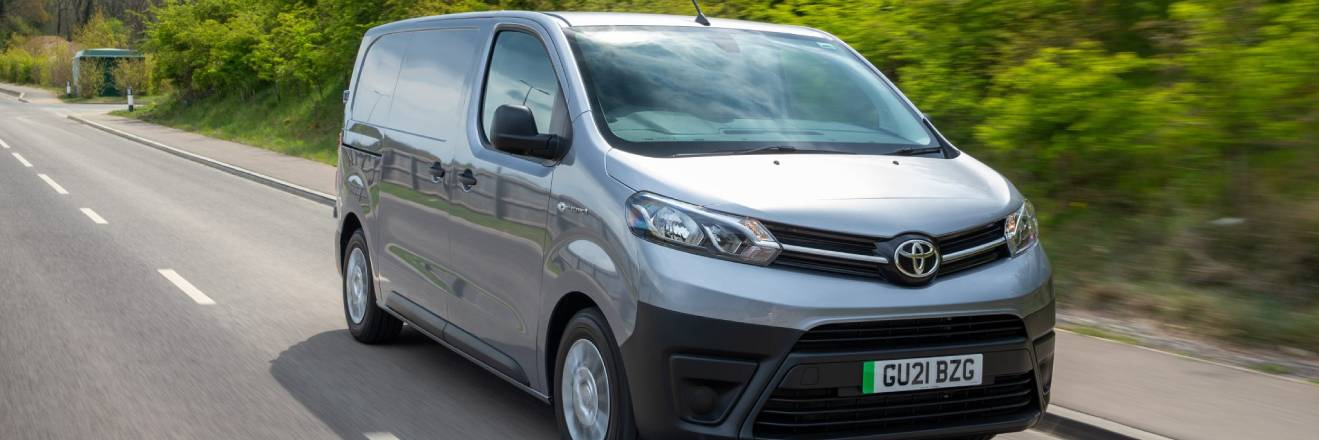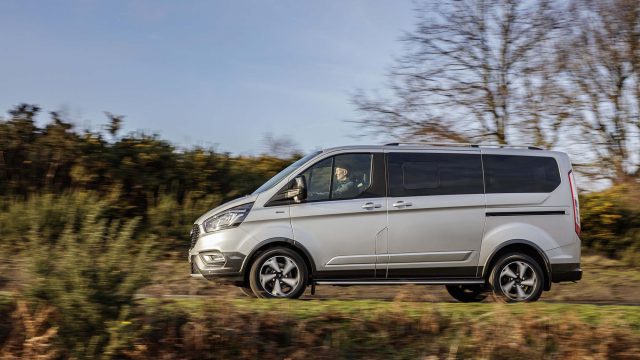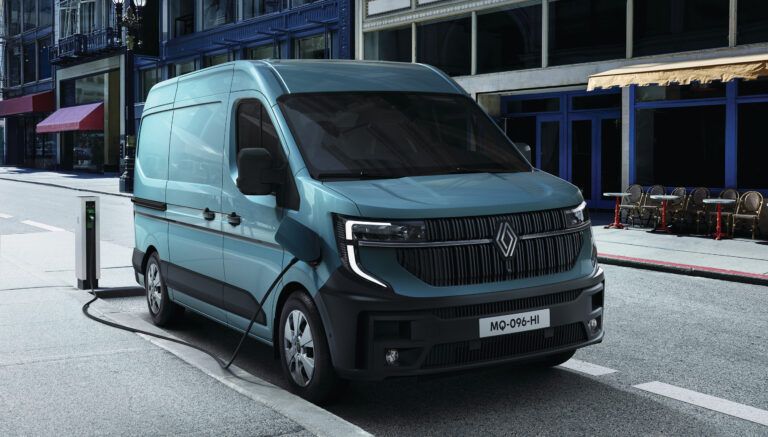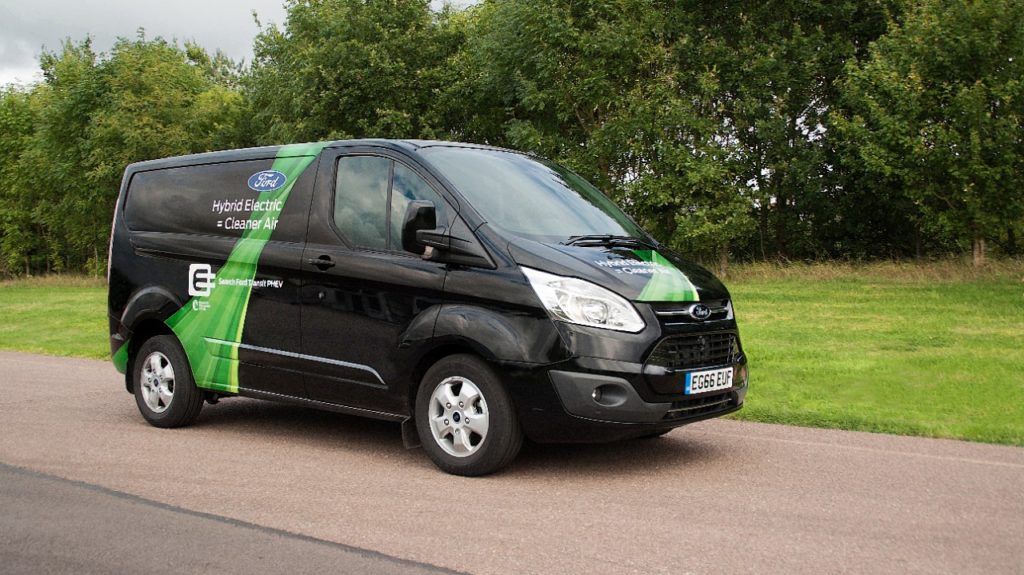Car Leasing
- Personal Car Leasing
- Business Car Leasing
- Electric Car Leasing
- Hybrid Car Leasing
- Popular Lease Deals
- In Stock Deals
- Top Cars Manufacturers
Van Leasing
- Personal Van Leasing
- Business Van Leasing
- Electric Van Leasing
- Hybrid Van Leasing
- Petrol & Diesel Van Leasing
- In Stock Deals
- Top Vans Manufacturers
Services
- Motoring Services
- Compare Car Insurance
- Compare Van Insurance
- Compare Home Charge Points
- Check Your Credit Score
- Gap Insurance
- Repair Your Vehicle
- Sell Your Vehicle
Leasing Help
- Motoring Services
- About Us
- Leasing FAQs
- News & Leasing Guides

The UK’s #1 Electric Van Leasing Comparison Site
AutoLease.Compare is your ultimate destination for hassle-free electric van leasing. With a diverse selection of electric van lease deals available, you're sure to discover an option that fits your needs and budget perfectly.
If you're hesitant about leasing an electric van due to a lack of information, please see the guidance on this page to allow you to make an informed decision.
The Different Types of Electric Vans

Chose smart,
Charge smart
Compare electric car charge points
and energy tariffs for your home
*Major comparison sites don't consider your car. Rightcharge does.
Electric Vans Pros and Cons
Pros of Electric Vans
Cost Effective
Electric vans are much more fuel-efficient than traditional fuel types which keeps the running costs of the van down.
Less Maintenance
Due to not needing an engine to generate power or transmission to distribute that power to the wheels, electric vans have fewer moving parts that you need to worry about and spend money maintaining.
Accessible Charging Points
Electric vans can be charged at home on your drive, more and more fast-charging points are being installed at supermarkets, in van parks and in many other places in the UK. Fully charging a battery is much cheaper than filling a tank up with fuel. A fully charged 60kWh battery has a range of approximately 200 miles, and costs between £9-£10 depending on where you live.
Due to making use of the kinetic energy produced when braking, storing it and then using it to reduce the workload on the engine hybrid vans have an excellent fuel economy, with some requiring roughly 30% less fuel-per-mile than petrol and diesel vans. Plug-in hybrids work in a similar way, except you can connect the van to a power source to charge the battery.
Sustainability
As well as saving you money on fuel costs and road tax, electric vans are more environmentally friendly due to them producing much lower or zero carbon emissions. So, if you’re looking for ways to help tackle climate change, leasing an electric or hybrid van is a great way to do so.
Cons of Electric Vans
Charging can be a lengthy process
When you have an electric vehicle, you can’t just go to the pump and get on your way. You do have to charge your vehicle for it to work properly. Depending on your make, model, and year, your EV could take between 4 and 20 hours or more to charge. Having a charging station in your home can certainly help, but you need to make sure you budget for that time to adequately charge your vehicle.
You can’t go as far or as long as gas vans
A major downside to owning an electric vehicle is that you can’t go as far or as long as you might want. Electric vehicles can typically go between 60-100 miles when fully charged, but many modern EVs may get up to 250 to 350 miles per charge. Compare that to up to a maximum of 400 miles on a single gas tank (depending on vans and efficiency), it’s a notable difference. Going on a road trip is less ideal in this scenario with an electric vans.
Battery packs can be expensive to replace
Although little maintenance is generally needed, don't be surprised if you need to replace your electric van's battery pack at least once during its lifetime. Doing so can be expensive, although it's worth noting that the price has dropped significantly over the past few years
Sustainability
The electric vehicles market is expanding but it’s still nowhere near the traditional vans market. The number of diesel and petrol vans available today, along with the different choices in models and features surpass the selection of electric vans available today. This can be a disadvantage, especially for those looking for a van that fulfils specific needs, for example: someone looking for a family van. There are more options available for two-seater electric vans than bigger vans that fulfil family needs.
Electric Vans Pros and Cons
Pros of Electric Vans
Cost Effective
Electric vans are much more fuel-efficient than traditional fuel types which keeps the running costs of the van down.
Less Maintenance
Due to not needing an engine to generate power or transmission to distribute that power to the wheels, electric vans have fewer moving parts that you need to worry about and spend money maintaining.
Accessible Charging Points
Electric vans can be charged at home on your drive, more and more fast-charging points are being installed at supermarkets, in van parks and in many other places in the UK. Fully charging a battery is much cheaper than filling a tank up with fuel. A fully charged 60kWh battery has a range of approximately 200 miles, and costs between £9-£10 depending on where you live.
Due to making use of the kinetic energy produced when braking, storing it and then using it to reduce the workload on the engine hybrid vans have an excellent fuel economy, with some requiring roughly 30% less fuel-per-mile than petrol and diesel vans. Plug-in hybrids work in a similar way, except you can connect the van to a power source to charge the battery.
Sustainability
As well as saving you money on fuel costs and road tax, electric vans are more environmentally friendly due to them producing much lower or zero carbon emissions. So, if you’re looking for ways to help tackle climate change, leasing an electric or hybrid van is a great way to do so.
Cons of Electric Vans
Charging can be a lengthy process
When you have an electric vehicle, you can’t just go to the pump and get on your way. You do have to charge your vehicle for it to work properly. Depending on your make, model, and year, your EV could take between 4 and 20 hours or more to charge. Having a charging station in your home can certainly help, but you need to make sure you budget for that time to adequately charge your vehicle.
You can’t go as far or as long as gas vans
A major downside to owning an electric vehicle is that you can’t go as far or as long as you might want. Electric vehicles can typically go between 60-100 miles when fully charged, but many modern EVs may get up to 250 to 350 miles per charge. Compare that to up to a maximum of 400 miles on a single gas tank (depending on van and efficiency), it’s a notable difference. Going on a road trip is less ideal in this scenario with an electric van
Battery packs can be expensive to replace
Although little maintenance is generally needed, don't be surprised if you need to replace your electric van's battery pack at least once during its lifetime. Doing so can be expensive, although it's worth noting that the price has dropped significantly over the past few years.
Availability
The electric vehicles market is expanding but it’s still nowhere near the traditional vans market. The number of diesel and petrol vans available today, along with the different choices in models and features surpass the selection of electric vans available today. This can be a disadvantage, especially for those looking for a vans that fulfils specific needs.
FAQs About Electric Van Leasing
Where do you get your prices from?
All our partners (leasing providers) are responsible for supplying and updating the prices they advertise on AutoLease.Compare. Prices are constantly being updated so be sure to check regularly to ensure you are getting the best possible deal.
How can I trust the prices you show?
When it comes to our partners (leasing providers), we don’t choose favourites. We offer impartial and independent comparison and our results are always ranked by price. We do not add on any additional fees onto the prices provided to us by the leasing providers.
What’s the difference between Personal leasing & Business leasing?
The difference between personal contract hire and business contract hire is essentially how you use the vehicle. PCH is personal hire where the vehicle is purely for personal use and BCH is where a vehicle is used for business use (but can be used for personal reasons too). Both types of contract have the choice of vehicles and versatility with regard to deposits and monthly expenditure. Business contract hire is available to financially eligible sole traders, partnerships and limited companies. For VAT registered businesses, you can claim back a percentage of the VAT on the monthly payments (depending on the type of vehicle) and 100% of the VAT of the maintenance agreement. Businesses also like the benefit of the vehicle not appearing on the 'Balance Sheet' as it is owned by the leasing company - this means that the liability of the finance is not shown on the company accounts.
How does the length of a lease agreement affect the rental price?
Simply, the longer the lease term you choose, the less your monthly rentals will be.
How does the initial payment (deposit) affect the monthly rental price?
The amount you choose as your initial payment will affect your monthly rental cost – the bigger your initial rental, the less your monthly rental cost will be.
Benefits of Electric Leasing with AutoLease.Compare
Now that you have read about electric (EV) leasing, you may be wondering why you should take out an electric van lease with AutoLease.Compare? Not only do AutoLease.Compare have the best electric van lease deals , but there are also a few great benefits! Find out more below.
Don’t pay more than you should for your car insurance.
We’re working with Go.Compare to make it super easy for you to get a direct quote on any of the leasing deals you see.
Compare insurance the easy way with Go.Compare and find car insurance quotes from insurers that’ll cover your journey.
When you buy car insurance through Go.Compare, we will refund up to £250* of your excess back when you claim. When it matters, Go.Compare.
(*Up to £250 refunded after claim settled. UK residents. comprehensive car insurance only. Excludes breakdown, windscreen and glass repair/replacement. Full T&Cs apply)
Local car leasing deals
Auto Lease Compare Ltd trading as AutoLease.Compare is authorised and regulated by the Financial Conduct Authority: 822040. We act as a credit broker not a lender. We can introduce you to a limited number of brokers and we may receive a commission payment from the broker if you decide to enter into an agreement through them.
Auto Lease Compare Ltd - Registered in England and Wales. Company number: 11519767. Data Protection Registration number: ZA469390. VAT Number: 307521233.
Registered Office Address: AutoLease.Compare Ltd, 10 Waterson Street, London, E2 8HL



